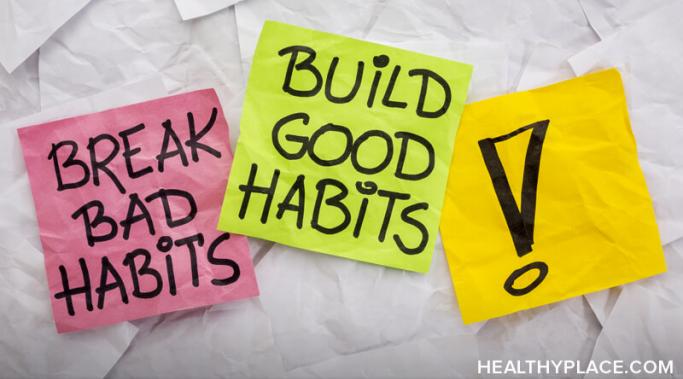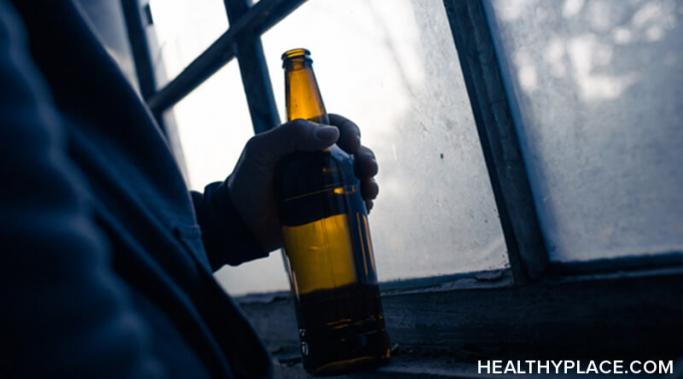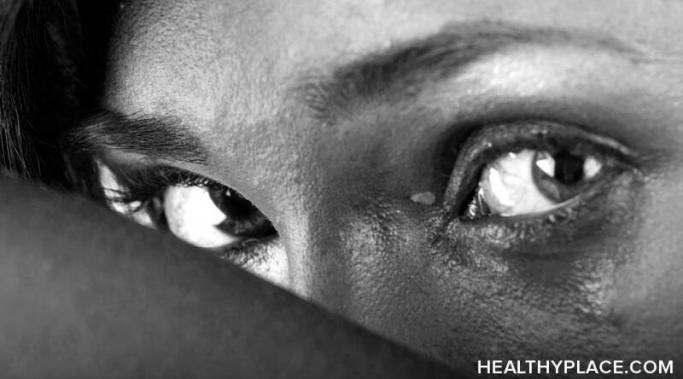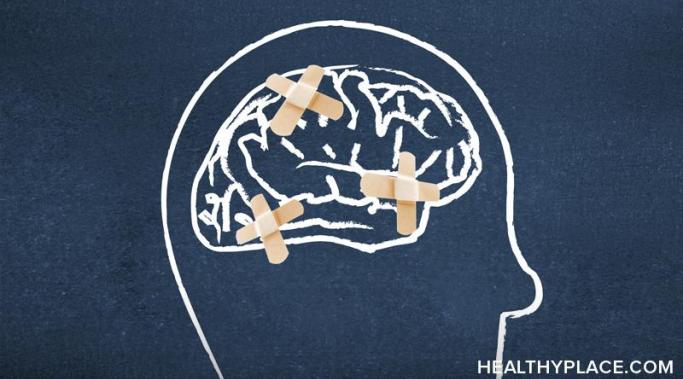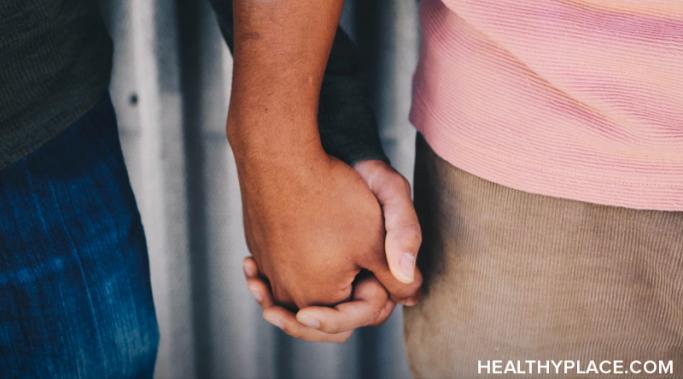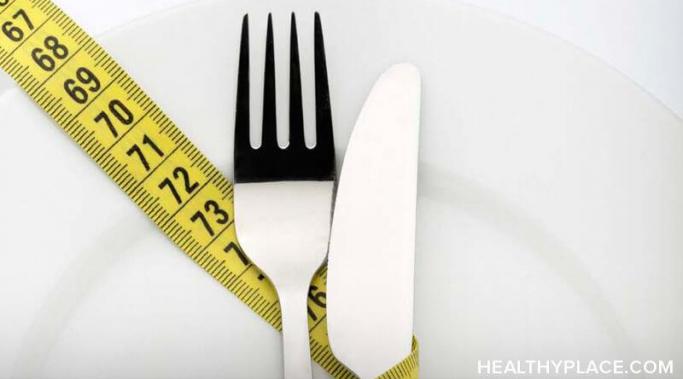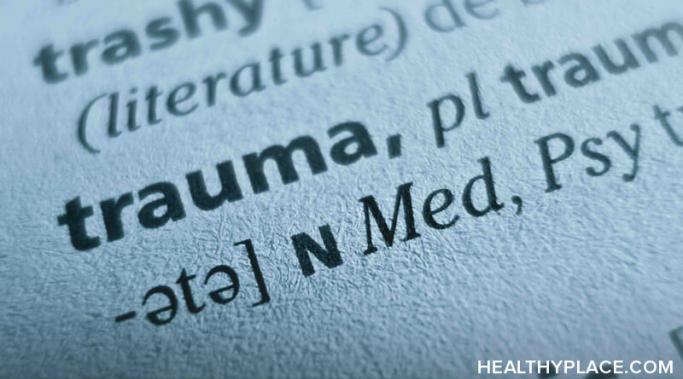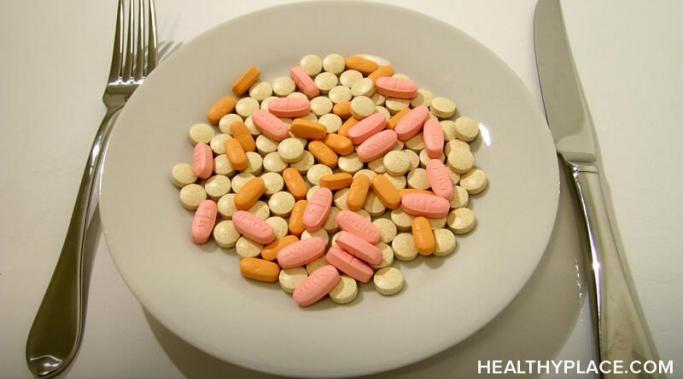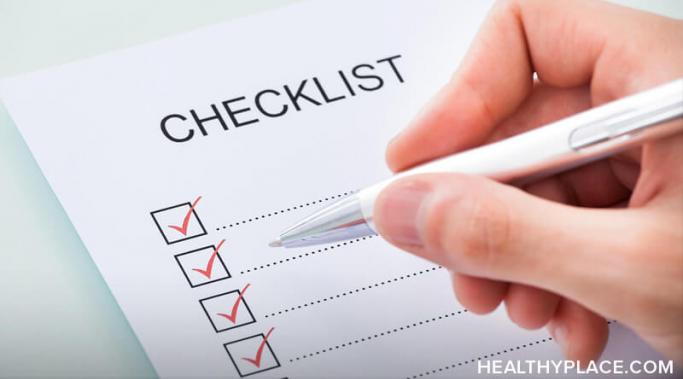The relationships that I form with my personal training and online coaching clients are important, but they're also complicated. As a fitness professional, I fancy myself a peddler of good health. But in truth, the fitness industry is fraught with side effects and unintended consequences. Many of us use social media as a way to advertise our services. But as we label the photos we post of our abs as "fitness inspiration," many of us are willfully ignoring the fact that photos like these often make women feel worse, not better, and are perhaps contributing to body dissatisfaction and diminished self-esteem. Furthermore, in our efforts to help clients reach their fitness goals, we often find ourselves giving nutrition advice, which is outside of our scope of practice. Our clients trust us, and we want to form strong relationships with our clients. At the same time, it's important for us to keep in mind the complicated dynamics that go along with food -- and it's imperative that we don't matriculate our clients and followers into obsessive behaviors and disordered eating.
Mental Illness Impact on Others
There is no denying that nearly all mental health diagnoses are shrouded in stigma and pejorative views. When it comes to addiction and substance use disorders, this stigma has the potential to take on a dangerous form. From my experience, those grappling with addiction rarely receive adequate social sympathy, and this lack of support has the potential to exacerbate symptoms. In fact, research shows that those who experience stigma are less likely to seek out treatment for their substance use. As someone who has struggled with addiction, I can assure you that there are right, and overtly wrong, ways to communicate with someone who is dealing with addiction.
Sexual harassment is a topic I discuss with a new friend from school. On Monday nights, we take the train home from class together. We get out late, after nine o'clock.
If you want to get on my bad side (for a few weeks, at least), appropriating my mental health is the swiftest and surest way to land yourself there. When I use the word "appropriate" I mean the seizing and claiming of something for oneself, in this context, a mental disorder.
I wish I knew better when my friend was suicidal. I was 12 years old. My brown curls were cut into sharp bangs that crossed my forehead, identical to the bangs of my best friend who sat facing me. She didn't look any different from the last time I saw her, still pale, still skinny. She wore a sweatshirt. And under the sleeves of that sweatshirt, I knew there were scars up and down the length of her arms. Three weeks prior, my friend was suicidal and she made her most recent suicide attempt. It was not her first nor her last. (Note: This post contains a trigger warning.)
Being in a relationship with a partner who is experiencing suicidal ideations can be emotionally taxing and daunting. There is this complicated pattern in my dating life in that the partners I loved most threatened suicide at least once. I am still trying to figure out exactly why I am drawn to individuals who experience such turmoil. Perhaps it is because I had ideations when I was in high school, and I feel like these partners understand me. Maybe I cannot compartmentalize the social worker in me when it comes to dating, and I want to try and "save" everyone I meet. Regardless, here are the things I wish I had known when I dated someone who threatened suicide. (Note: This post contains a trigger warning.)
You can cope with eating disorder triggers even though, as I often describe an eating disorder, there is a stubborn, little monster in the back of your head. It may lay dormant for days, months, even years, but when it arises, it wreaks havoc.
My relationship with sex after trauma hasn't been a good one. You see, when I was 16, I got drunk at a concert. On the train ride home, I drifted off. When I woke up, a stranger's hand was in my underwear. I pushed his hand away and he sped into the next train car. My reaction was a feeling of shame; I blamed myself for the sexual assault. I shouldn't have gotten drunk; I shouldn't have worn a skirt; I should have been more responsible. With the support of my parents, I eventually reported the incident, but the shame remained.
There are several effects selective-serotonin reuptake inhibitors (SSRIs) might have on your relationships. Here are three common ways an SSRI might affect your romantic relationships.
My cycle of restriction has the ability to hurt my relationships. Take today, for instance.
